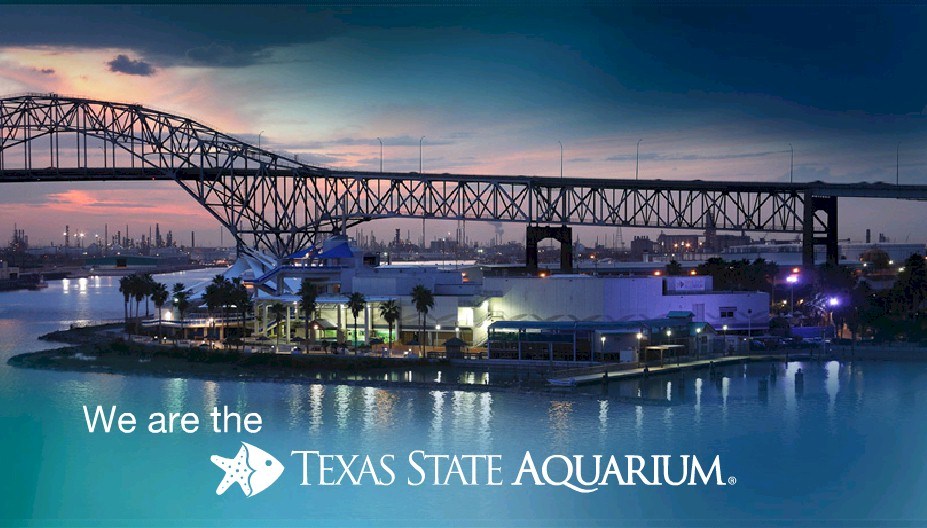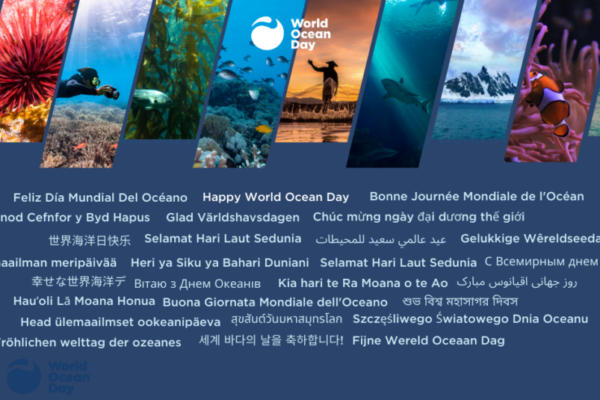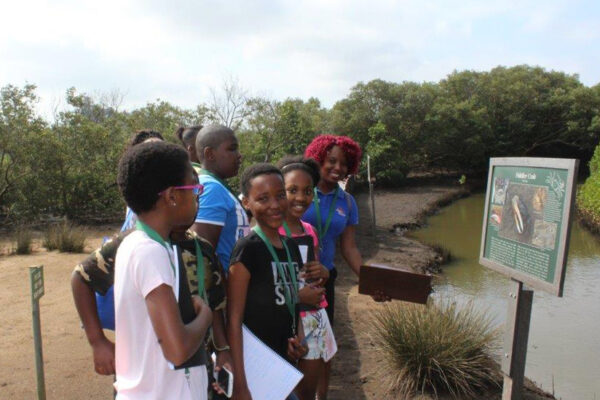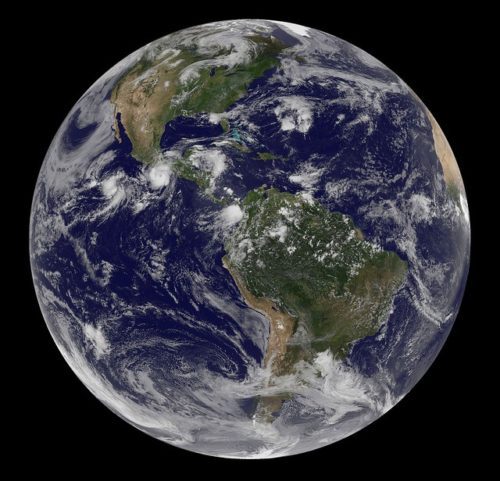Two of our partners recently reported on efforts to improve on-site recycling by applying some of the lessons learned from the communications research. Their efforts, each sparked by strategy sessions with The Ocean Project, brought impressive results as well as ideas for improvements.
The Virginia Aquarium and Marine Science Center
In the summer of 2012, staff at the Virginia Aquarium & Marine Science Center conducted a three part pilot project to see if they could help raise awareness and inspire action around the issue of marine debris, as measured in large part by less trash on the ground and more recyclables in the bins of their campus.
To begin, they established a baseline by - you guessed it - counting trash and surveying visitors with thanks to a great team of volunteers. Next, they installed new cigarette butt bins and recycling containers and again counted trash and conducted surveys. And, finally, they installed inspirational signs with a focus on trash impacts on animals, and completed a third round of surveys.
Based on The Ocean Project's research, the staff went into the project expecting visitors already to have high awareness of the problem of marine debris as a threat to the ocean. Their surveys confirmed this to be true. They also expected that visitors would welcome the new signs with information about how proper trash disposal and improved recycling could help conserve the ocean, especially as connected to the fate of the animals. This too proved to be true (And, not to be overlooked, the positive response extended beyond visitors to staff and volunteers as well). But did it work in terms of reducing trash and improving recycling? Yes, though perhaps not as much as they would have hoped. There was a notable and steady improvement, especially in terms of reducing the number of cigarette butts to be found on the ground, yet the counting of individual trash items may have affected their ability to effectively measure the remainder of their results.
"The communications research from The Ocean Project helped us shape our effort, and we certainly confirmed that our visitors welcome our suggestions as to how they can help us conserve the ocean. We also learned that these efforts don't have to be high cost to be high impact."
- Mark Swingle, the aquarium's director of research and conservation
Texas State Aquarium
Also during the summer of 2012, staff at the Texas State Aquarium was trying a similar experiment. They too had become frustrated at the way in which some of their visitors tossed trash on the ground, and failed to put bottles in recycling bins.
Staff applied the major lessons of The Ocean Project's communications research, and also took advantage of the story they could tell about Tiki, a sea turtle, who was rescued after ingesting a plastic bag and becoming entangled in fishing  line.
line.
Their approach emphasized augmenting existing signage by having their interpreters convey three simple, research-based messages, then counting the number of bottles being recycled and surveying guests for their opinions. The messages were as follows:
- Animals can get sick by eating plastic or get tangled in it(Based on the research finding that problems are more likely to be of concern when connected to their impact on specific species, such as species of sea turtles)
- Thanks for helping protect the animals by throwing away your trash and recycling plastic(Based on the research finding that guests tend to see themselves as part of the solution, not part of the problem --- even if they are both!)
- The Aquarium helps animals through its rehab program
(To help reinforce the standing of the aquarium, and, as such the trust in its recommendations)
The results? Guests left fewer items overall and 40% fewer plastic bottles in the stands after the Dolphin Bay and Wild Flight shows - wow! Staff, however, was somewhat disappointed by the way, albeit not unexpected way, in which increased action seemed unconnected to improved awareness. While more guests did cite plastics as a problem for turtles in the exit surveys, it was unclear if overall awareness of the problem of marine debris increased. Even then, the staff reported feeling that the effort was worthwhile and much was learned, and, of course, that 40% is not to be tossed away!
The Ocean Project will continue to share stories from partner experiments in this blog. Have one for us? Please send it along!



